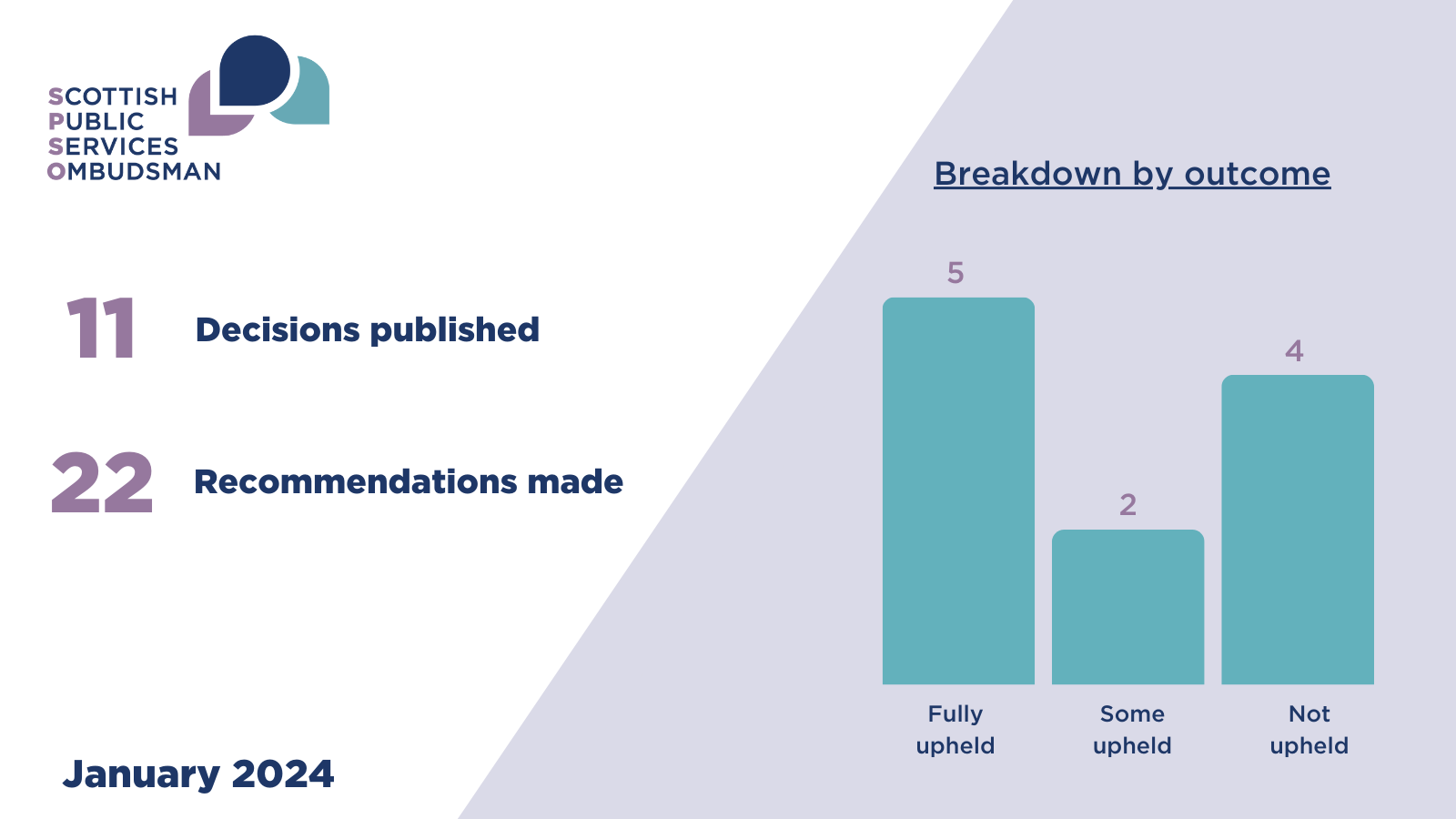Date of article: 24/01/2024
Daily News of: 29/01/2024
Country:  Slovenia
Slovenia
Author: Human Rights Ombudsman of Slovenia
Article language: en
On 24/01/2024, Deputy Ombudsman Dr Dijana Možina Zupanc participated at a meeting of the Committee on Labour, Family, Social Affairs and Disability, at which the issue of older people, primarily in retirement homes was discussed. She presented the basic findings recorded by the institution of the Ombudsman while considering complaints connected to older people, about which it also warns the competent authorities and reports to the National Assembly. “The institution of the Ombudsman dedicates much attention to this subject. Last year, we considered more complaints from this field, each of them is thoroughly studied, while we also open wider questions detected during our work,” said Deputy Ombudsman Dr Možina Zupanc.
She added that last year, the Ombudsman received several different complaints reporting violence in retirement homes. Unfortunately, some of these are anonymous, which could indicate the fear of potential consequences for those filing complaints. “Each complaint was considered and inquiries sent to the retirement homes to which the complaints pertained and we handled all procedures in accordance with our competences. The Ombudsman also met with various other competent institutions and discussed the issue of the increasing number of complaints connected to violence or inhumane treatment of older people in retirement homes. He also wanted to familiarise himself with their findings and proposals and expressed his expectation that they will act united with the aim of preventing any kind of violence against older people,” explained Dr Možina Zupanc.
Regarding the position of service users and employees in retirement homes, the Ombudsman is also aware of a lack of staff, which often influences the inappropriate care for retirement home occupants. “The system as it is system not endurable; however, the state still does not have a suitable strategy for how to address this issue. We expect the bodies responsible to eliminate the lack of appropriate staff in retirement homes on the systemic level by establishing suitable staffing norms that would enable safe and quality treatment of users, the improvement of working conditions, and appropriate payment for the work done,” added the Deputy Ombudsman.
The Human Rights Ombudsman believes that the answer to a long-living society is deinstitutionalisation and not only an increase in the capacities of institutions or the construction of new retirement homes. Everybody should be able to get care in their home environment. As a society, we must provide quality and safe care directed towards a person and his or her needs.
The Deputy Ombudsman also stated that in Slovenia we urgently need so-called nursing hospitals, in which persons could be placed who are still ill but who have completed hospital treatment. Such people have difficulties finding a placement in institutional care, because retirement homes cannot provide appropriate healthcare for such people or are simply overcrowded. The core of the problem is therefore in the lack of appropriate accommodation capacities and staff, due to which, after being released from hospital, people cannot be placed in institutional care, while hospitals are pressuring their relatives to take the patient home even though they have neither the knowledge nor the means or room to provide the patient with appropriate care.
The Deputy Ombudsman emphasises that the system of institutional care for the elderly is in dire need of thorough updating. “The unendurable system only deepens the indecent ageing of people in this country. This trend needs to be stopped. A clear vision of all forms of help has to be set up and appropriately support it financially,” underlines Deputy Ombudsman Dr Dijana Možina Zupanc.
 Spain
- Canary Islands
Spain
- Canary Islands




